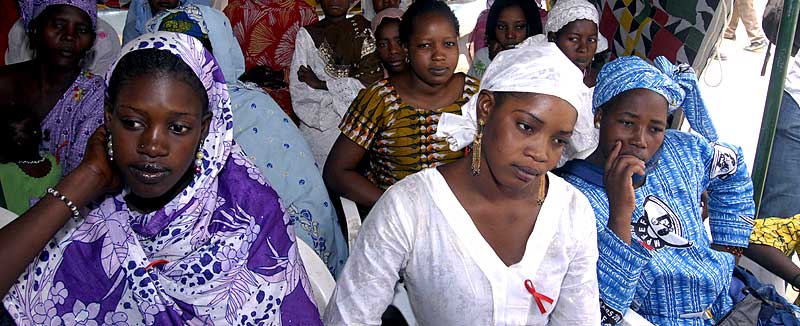A Sobering Review of Access to Routine Viral Load Testing in 12 Countries in Africa
International Treatment Preparedness Coalition (ITPC) and AIDS and Rights Alliance for Southern Africa (ARASA) coordinated a review of access to Routine Viral Load (RVL) Testing across 12 African countries. The results suggest limited availability of RVL and low levels of awareness of the value of RVL amongst people living with HIV and service providers.

Over the last two decades, treatment coverage has increased, in part, thanks to effective community treatment activism across the globe. Despite these gains, close to half of those in need of treatment still have no access to life-saving medicines. It is also not clear how many people on treatment have access to an essential component of successful treatment – routine viral load (RVL) testing.
As recommended in Section 7.3 and Section 9 of the 2013 World Health Organization (WHO) ARV guidelines, viral load testing is the gold standard in antiretroviral therapy (ART) monitoring. It measures the amount of HIV in the blood and indicates if a treatment regimen is working or not. The WHO recommends viral load monitoring six months after starting ART, at 12 months, and routinely every year thereafter.
At a time when HIV-related deaths are decreasing in all age groups, HIV is now estimated to be the number one cause of death among adolescents (10-19) in Africa. Studies attribute this mainly to poor quality or no HIV treatment, which is directly linked to low levels of routine treatment monitoring. At present, it is not known how well people living with HIV are doing on various regimens, how many are failing treatment and how many are (or should be) switching to other regimens. All these unknowns beg the question – what is the quality of treatment celebrated by improved treatment coverage?
It is because of these uncertainties and the alarming treatment monitoring issues raised in the July 2014, WHO Monitoring Report, “Global Policy, Local Disconnects: A Look Into the Implementation of the 2013 HIV Treatment Guidelines”, that ITPC, joined with the ARASA to determine whether routine viral load testing is widely used in 12 African countries. The findings of this survey will inform a campaign for the implementation and/or scale up of strategic routine viral load testing in Africa and beyond, to ensure that people living with HIV can access quality HIV treatment everywhere.
Download a PDF of the brief and the data analysis.
